
By OB E
Climate change is an alteration in the global climate pattern, resulting from the many greenhouse gases in the atmosphere that are largely a result of human activity. Climate change is affecting Bowker Creek a lot. The increased carbon dioxide in the atmosphere is causing an overgrowth of plants in the creek bed. Global warming is also affecting the creek, making the water level lower. As a result of the more shallow water, the temperature is warming up, making it harder for the marine animals and plants to thrive who live there.
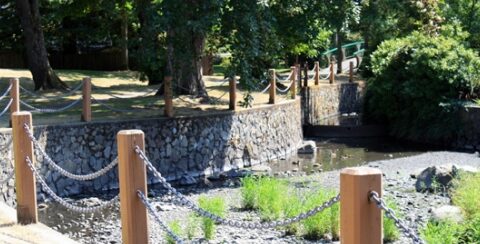
By OB E
Climate change is a Change in the global climate pattern caused by many greenhouse gases in the atmosphere. Climate change is affecting Bowker Creek a lot. The plants in Bowker creek are being affected by this issue because the increased carbon dioxide in the atmosphere is causing an overgrowth of plants. Global warming is also affecting the creek, leaving it at a lower water level. As a result of the water being low it is much easier for the water to heat up making it harder for the marine animals to live.
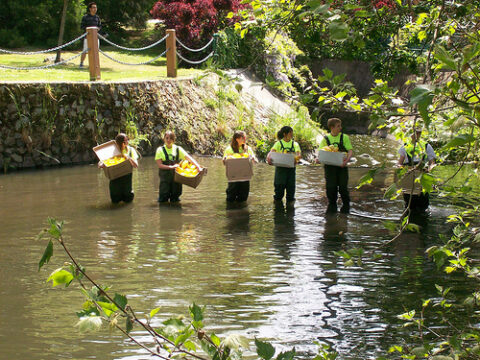
By OB E
Climate change is now a huge issue in our world. We all need to do our part to address it to save our home. Every little bit counts. Many people in Oak Bay are spending time and giving money to help restore Bowker Creek. The creek has an incredible history. It has been a landfill, a narrow waterway enclosed in pipes, and is now on its way to becoming a natural stream with ambitious plans to restore its native plants and wildlife. I encourage you to go out there and do what you can to help stop climate change!

By OB E
Here is a time lapse video of how the restoration of Bowker Creek started:
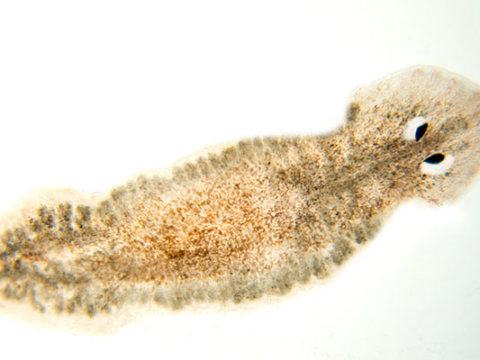
By OB M
Bowker Creek is home to many differently aquatic invertebrate. We found that the most common water invertebrates were the blackfly larvae. In the Creek there are also water pennies, water mites, and aquatic worms.

By OBG OBG
There could be many reasons that the salmon never returned such as pollution, change in habitat, and not being able to access certain parts of the stream.
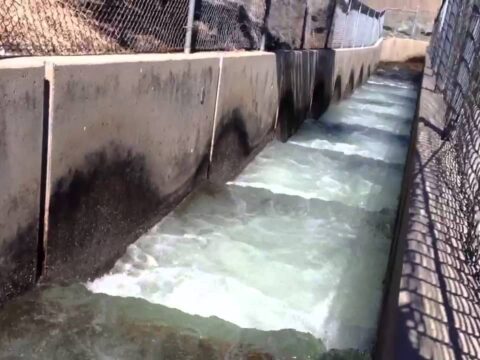
By OBG OBG
Bowker creek has a problem with pollution which means the organisms that the fry would eat cannot survive and even the fry might not survive. Also, there are some parts that would need a fish ladder.
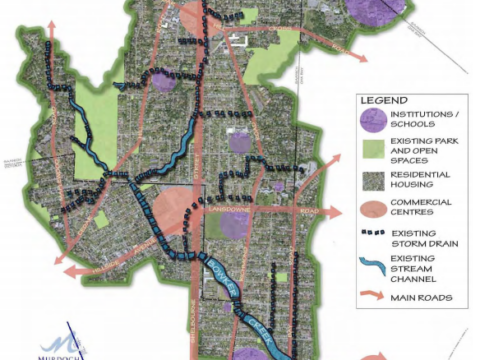
By OBG OBG
Bowker Creek is located on the south tip of Vancouver Island. The creek starts at a wetland in the University of Victoria campus, flows through parts of Victoria, and eventually lets out in Oak Bay to the ocean.
